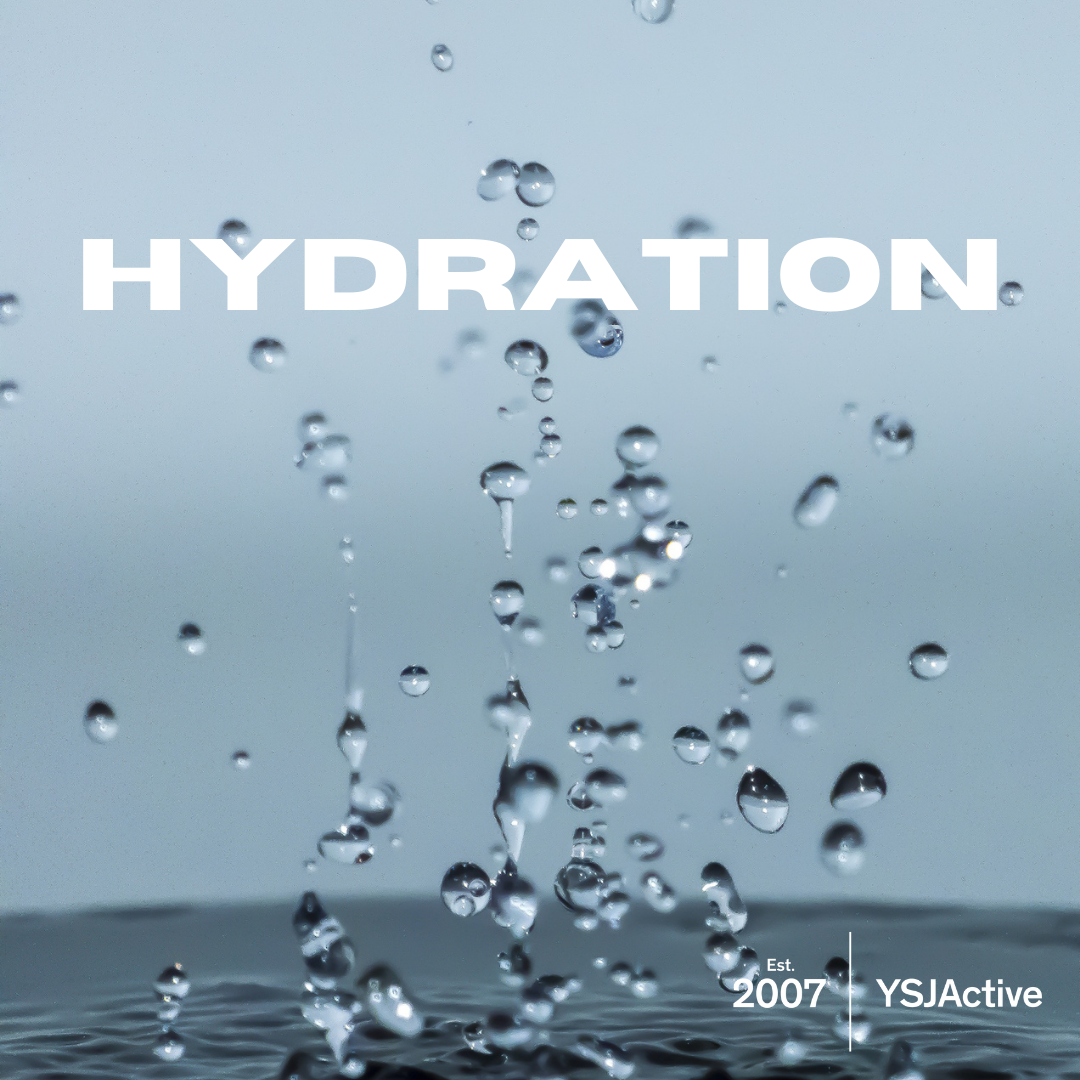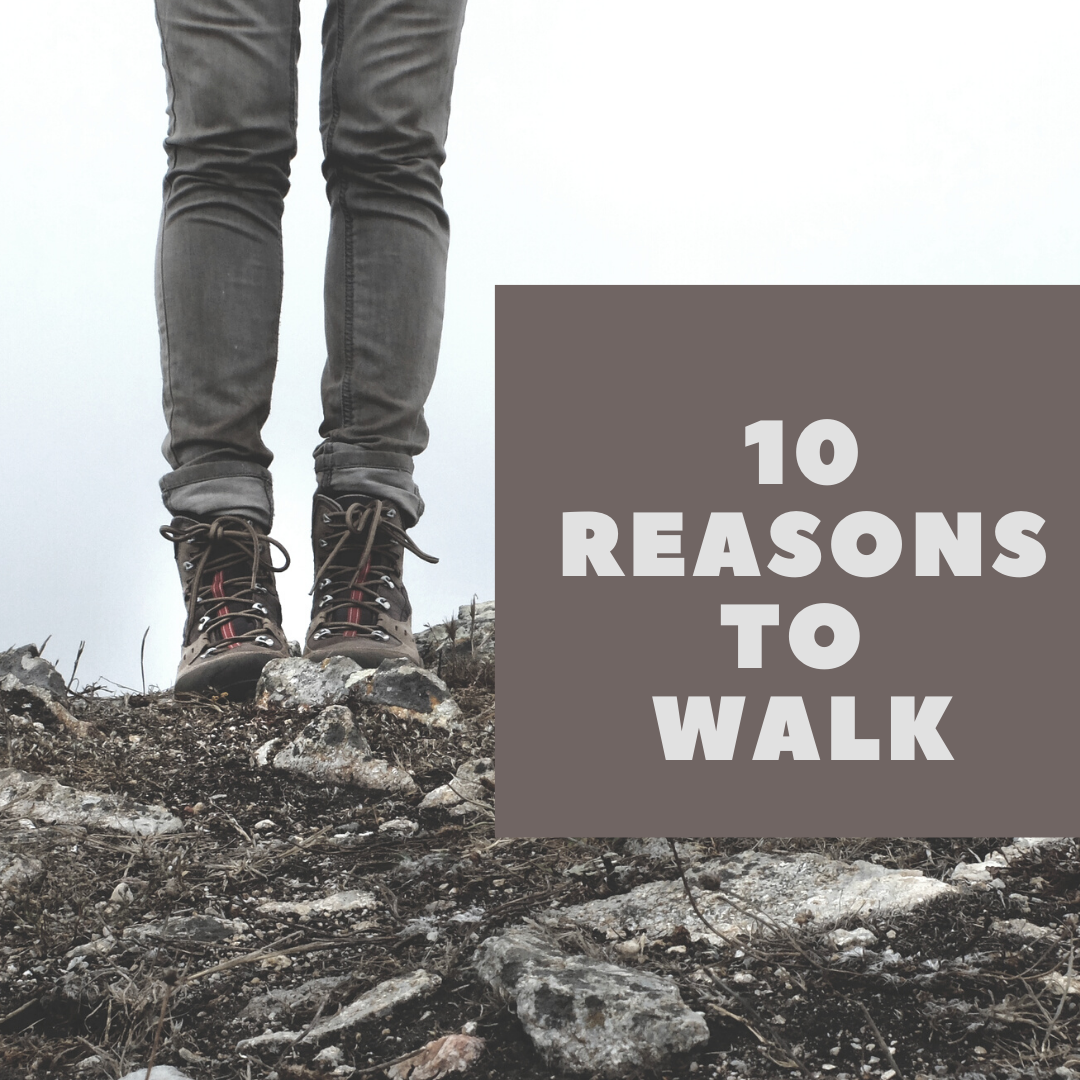Overreliance on sugar
Sugar isn’t just in sweets
Benefits of reducing sugar intake
Reducing sugar intake
Further tips
Before we start please note that YSJActive are not medically trained, so these posts are only intended to be general information. If you have any concerns about your health and/or your relationship with sugar please seek professional medical advice from someone such as your Doctor.
Overreliance on sugar?
The UK Government recommend that adults limit their intake of free sugars to a maximum of 30g per day. Free sugars are sugars that have been added to foods, such as sweets and cakes, and those that are present in honey, syrups, fruit juice, smoothies etc. Free sugar refers to the sugar content being outside the cells of the food. Many of us exceed this amount regularly and may experience sugar cravings.
Research shows that during COVID-19 related lockdowns many of us may not eat as healthily as recommended and seek comfort and relief from boredom in food. This may mean many of us are having more free sugar in our diets than we would usually, which may be detrimental for our physical and mental health.
Free sugar triggers parts of the brain that is linked to pleasure, addiction and reward and it’s said to have addictive characteristics, even more so than some illegal drugs. Addiction to free sugar has been increasingly recognised over the years, and some of the signs of an overreliance on sugar may include:
– Craving sugary foods and drinks, and eating them even when not hungry
– Needing more sugary foods to satisfy cravings than previously
– Hiding sugary foods like sweets and eating them secretly (if sharing a space with others)
– Physically feeling shaky or lightheaded and/or fatigued
– Becoming irritable between mealtimes
– Craving salty foods
If any of these sound familiar, then it may be beneficial to examine your relationship with sugar and seek support or advice from a professional if you have any concerns.
Sugar isn’t just in sweets
Do you know how much free sugar you eat every day? Many of us might be consuming more free sugar than we realise, especially as it is added to a lot of foods we don’t associate with being sweet or needing sugar. The Fajita spice mix in your cupboard might have maltodextrin (a type of sugar) and sugar in. Sugar may also be added to meat products such as cooked chicken, soup, salad dressings, jars of sauces, baked beans, yoghurt, bread, ketchup and a whole lot more.
Knowledge is power! Knowing all of the different names for sugar and how to read food labels can help us make an informed choice when it comes to the food and drinks we consume. There are lots of different names for sugar, such as Dextrose, Fructose, Galactose, Glucose, Maltose and Sucrose.
If you want to check how much free sugar you’re having daily, one way to do this (and possibly the easiest) is to use a food diary app and log all of the food and drink that you consume, and we do mean everything…yes even that one mini egg. Once you know how much free sugar you’re having and where it’s coming from you can decide whether you want to reduce it and plan how to do it. It’s also a good idea to see if there are any patterns to your free sugar consumption, for example on the sofa in the evening or in the afternoon to get you through the rest of the day.
Benefits of reducing sugar intake
Reducing free sugar intake may have a range of benefits for our physical and mental health, and any reduction may be helpful.
Reducing free sugar intake could be beneficial for weight management. Regularly consuming free sugar can result in gaining weight as it may:
– Cause blood sugar levels to become imbalanced and impact on insulin levels, which could lead to increased fat storage
– Lead to consuming lots of empty calories. Food and drink high in sugar, such as soda, tends to be high in calories and low in nutrients. Regular high calorie intake and low-calorie expenditure can lead to weight gain, plus foods low in nutrients can be detrimental to our health
– Foods that contain a lot of added sugar are often less filling, so we might find ourselves feeling hungry again very soon after eating, possibly resulting in us eating more than we would usually
– Eating foods containing a lot of sugar, particularly fructose, is said to increase the hormone ghrelin which promotes hunger, this may result in us overeating.
Less free sugar in our diets may help us feel more energetic and alert, more able to concentrate and have a positive impact on our mood, as research has linked free sugar consumption to feeling fatigued and depression.
Eating less free sugar may also help to avoid developing type 2 diabetes or pre-diabetes, and damage to your teeth.
Reducing sugar intake
If you’ve decided you want to reduce the amount of free sugar in your diet then you may want to explore whether you want to go cold turkey or do a gradual reduction. Cold turkey involves cutting out all free sugar straight away, and a gradual reduction is where you systematically cut free sugar from your diet daily. There’s no right way to reduce your free sugar intake, it has to be the way that works for you and your life.
Be aware you may go through a “Sugar Detox” – as our bodies adjust to less sugar we may experience things like headaches, changes in mood and concentration, cravings and fatigue. These side effects are said to usually go after 10 days, so be prepared for this.
If you’ve identified how and when you’re consuming free sugar, for example starting the day with sugary cereal, you can see how to make reductions and healthy swaps for food and drinks containing less or no free sugar. If you haven’t identified where the sources of free sugar are coming from then this is a good place to start, and food tracking apps can help you do this.
Quick cuts to the amount of free sugar you’re having might include limiting fizzy drinks, reducing the amount of sugar in your tea/coffee or having porridge or eggs for breakfast instead of sugary cereal.
If you identify a specific pattern to consuming free sugar, such as in the afternoon or while watching TV on an evening, then try to break pattern this by doing something else like going for a walk, drinking a glass of water or starting a hobby. If you’re hungry then opt for a healthy snack or meal.
Identify healthy swaps for the things in your diet that are high in free sugars and stock these so you have them to hand. Planning your meals and snacks in advance can help you avoid free sugar and have a healthy, balanced diet.
Further tips
In order to help yourself reduce your free sugar intake aim to eat healthily, drink water to ensure you’re adequately hydrated and get enough sleep, keep reading for more information.
One way to reduce the amount of free sugar in your diet is to cook using unprocessed ingredients, this way we know exactly what is in the meals we eat, making it easier to avoid free sugars. As we’ve mentioned, free sugar can be in a wide range of foods and drinks, such as spice mixes, prepared meat, sauces and prepared vegetables. If cooking from scratch feels a bit daunting then look for some inspiration and recipes online, just make sure any advice and recipes come from a reputable source. Cooking from scratch doesn’t have to be time consuming, you can make some really tasty food in 30 minutes (and often 20 minutes of this time involves occasionally stirring or checking things aren’t burning). Baby-led weaning recipes and those for children can offer some great baking ideas that are low in sugar, but still yummy.
Being adequately hydrated can also help if you’re reducing your free sugar intake as it can help prevent sugar cravings. When we are not adequately hydrated our bodies can find it difficult to access our stored glucose (glycogen), which can result in us craving sugar in order to gain an easy and quick source of energy. Ensuring we’re drinking enough water can prevent this from happening.
If you’re trying to reduce your free sugar consumption, then getting sufficient sleep can be important. Being well rested can help us make healthy nutrition choices, increase energy and concentration levels and reduce levels of stress, making us less likely to consume sugary foods.
Remember that any reduction of free sugar can be helpful and if you’re finding it hard it will get easier as your body gets used to having less sugar. If you are concerned about your health, please seek support from a medical professional.

